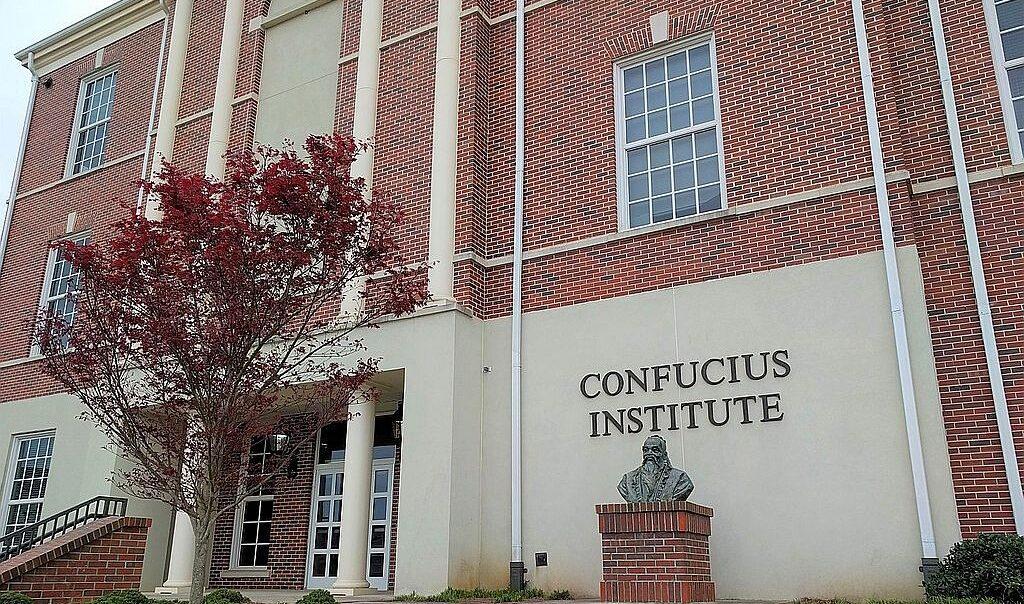A pair of Republican lawmakers have introduced a bill that would block the Pentagon from funding universities that host the Confucius Institutes (CIs), a cultural exchange program with ties to the Chinese communist regime.
On Wednesday, Sen. Marco Rubio (R-Fla.) and Rep. Jim Banks (R-Ind.) introduced a bill called the “No Federal Funding for CCP Spying and Persuasion In Education Settings (SPIES) Act.” The bill (pdf) would expand an existing prohibition on federal funding for CIs.





